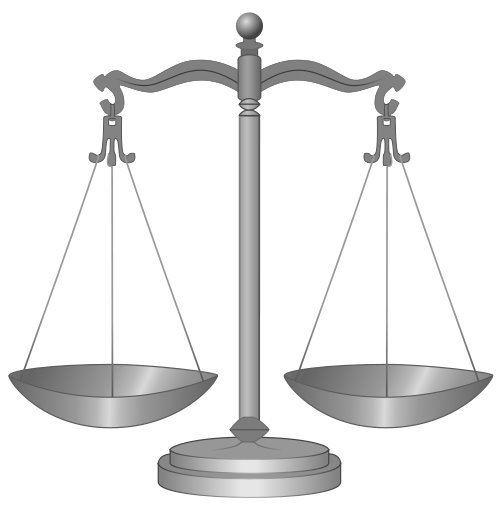If you’re in need of a lawyer there’s a good chance you are already in a sticky situation, and the last thing you need is to feel uninformed and confused when sitting down for your consultation.
Usually lasting no longer than 30 minutes, consultations are a way for your potential lawyer to get a feel on the case he or she would present, and inform you of how it could play out in the court room. Since we all know lawyers have the upper hand on persuasion, and after all a good lawyer is not cheap, you’re going to want to know exactly what questions to ask to see if this is who you would want to represent your case.
The following are five general questions that anyone receiving a consultation should ask no matter what your case consists of, or the type of lawyer you are perusing.
Who will be working on my case?
Law offices can consist of many employees, and knowing who will be looking at your case or performing the work is crucial.
“Partners” of the lawyer you are hiring, especially in smaller law firms, will exchange advice on your case. This makes it not just a good idea to look at your lawyer but their overall firm case results. As a matter a fact, if they are not a “partner” themselves yet you may want to be cautious on how experienced they are as an “associate” attorney working their way up.
Extra eyes on the case can also be a bonus. If the law firm has legal assistants, also known as “paralegals”, who help with the more mundane paperwork of the case, they can help lower the cost for when you’re looking at an hourly rate charge.
What are your rates and will there be any additional costs?
Rates, and the way they prefer to receive payment can differ from lawyer to lawyer. Sometimes the way fees work out can be complex. So never feel awkward asking in depth how you will be paying them, especially if this is your first time needing legal assistance.
The widely used hourly rate is great, if they are able to state to you an approximate amount of time the case will take to account for efficient budgeting. These rates can also require a retainer fee, which is a down payment guarantee that comes off the total after all services have been completed.
Flat fees are another commonly used payment method that are not always all inclusive, asking for a breakdown of what that includes is necessary. And lastly, a contingent fee is associated with the well-known “no fee unless we win” statement. Nothing is paid in the beginning but the lawyer will receive part of the settlement money if the case wins.
What kind of approach will you be taking on the case and what is the outcome looking like?
If a lawyer can’t talk his or her process out with you, there is no way you will be assured about how things are going to proceed. There are two types of approaches to a case, aggressive or working towards a settlement.
Ask about your odds, and honestly what they think can be achieved in court, because everyone looks towards a win, but being unrealistic about it never helps.
Settling is not always a loss, there can be several benefits and if that’s the way the case is looking, have the lawyer explain what those could be for you. There is certainly less stress when it comes to cases that don’t go to trial because of flexibility, and things are settled with a higher degree of privacy.
What kind of experience do you have with cases like mine?
You can certainly do some research on your own, but hearing it straight from the lawyer at the consultation is much more assuring. Plus after reviewing your case, they can list similar cases with the same specifics you may not have been able to point out without legal experience.
The amount of years they have been on the job or at a firm may not always mean they are the best choice out there, but certainly indicates experience. Another key factor is if you do have a case that will need to go to trial, how often do they partake in this? Lawyers whose cases usually settle may not be an excellent choice.
Also be cautious on the answer to years of experience, as it could mean just as a lawyer and not in the particular field your case is in.
What exactly am I signing?
A consultation can involve you signing several documents, and especially in the legal business better to ask now as opposed to suffering the consequences later.
Legal jargon is confusing, and while you may assume the best of the lawyer on your side of the case, a signature is the easiest thing to use against someone. So don’t be afraid to ask multiple times on a document what each part consists of in layman’s terms.
Additionally, ask to have a duplicate copy created to keep for your own personal records. Firms should in theory be organized enough to keep your documents aligned, but ultimately it is your case and your responsibility to know what you are getting into.
Finding the right lawyer is not difficult if you know what you are looking for. Recommendations are always a plus, but trusting your own judgment is the most important factor. Asking questions about details, rates, outcome, plan of attack, and history can help you make the decision during your consultation.
Sources:
http://research.lawyers.com/12-questions-to-ask-your-potential-lawyer.html
Rebecca Borchers is a UCF transfer from FIU. She is orginally from Southampton, UK and is a hospitality major whos looking into event management. She is a world traveler who has a passion for volunteering and loves her dachshund. Rebecca highly recommends the legal services of www.Heil-Law.com.
















